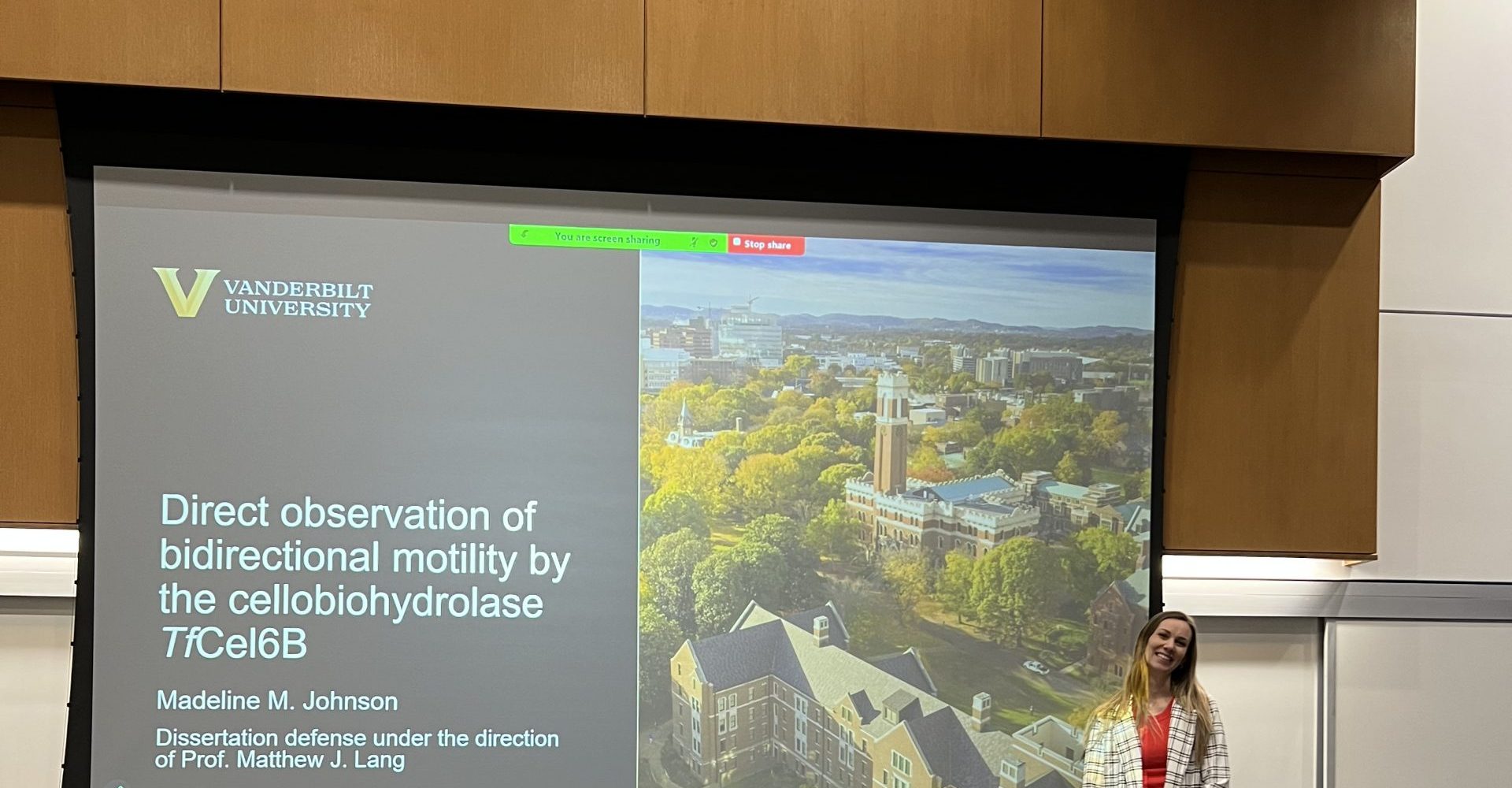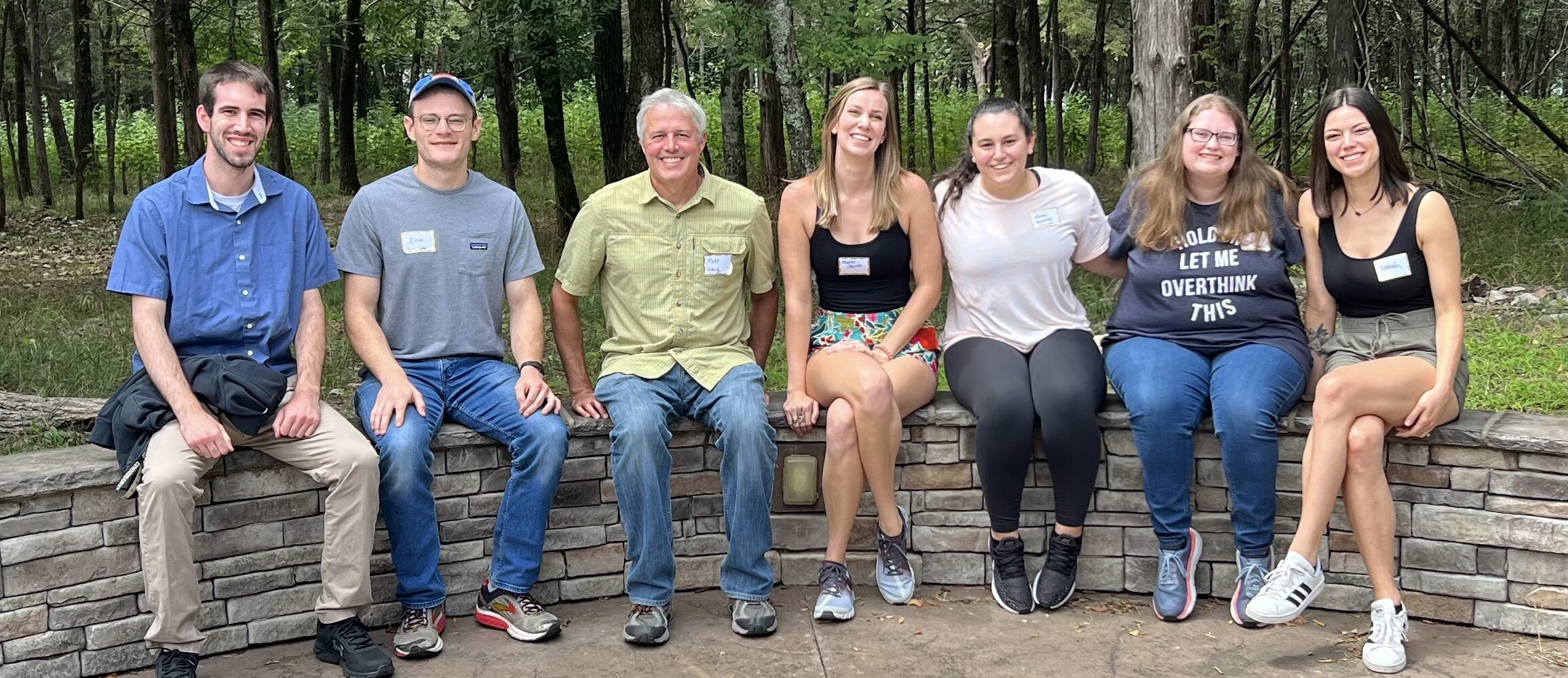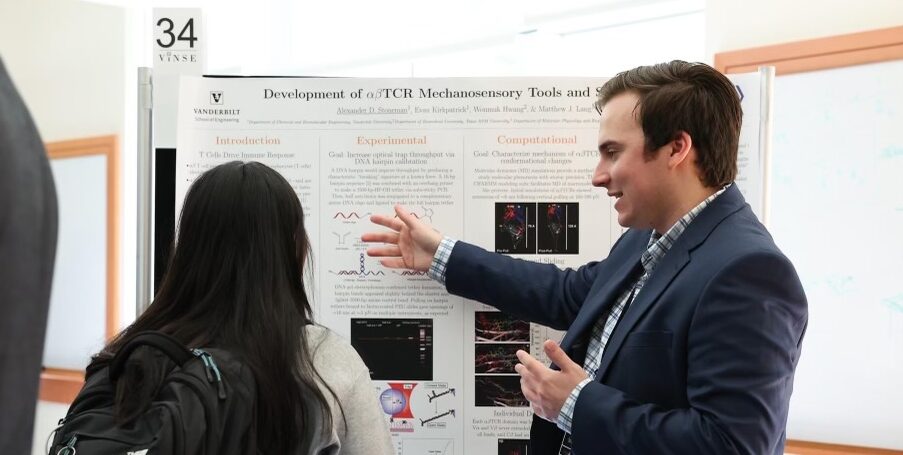Lab Overview:
The general research goal of the Lang lab is to probe the biomechanical function of various molecular machines through functional assays. We take a measure-make-model approach to our science and use biophysical assays including optical tweezers, single molecule fluorescence microscopy, and simulations. Ultimately, we hope that our data helps lay a foundation for bioengineering while also identifying strategies to treat and prevent disease.
We use two main techniques to probe molecular machinery: optical tweezers and single molecule fluorescence. The combination of these approaches makes us uniquely suited to investigate molecular biomechanics and the single molecule level. Particularly, we use single molecule fluorescence to assess the conformational state of molecules in solution, while optical tweezers allow the precise manipulation of proteins with piconewton and nanometer accuracy. Our lab develops and maintains state of the art instruments to tackle novel biological problems at the molecular and cellular levels.


